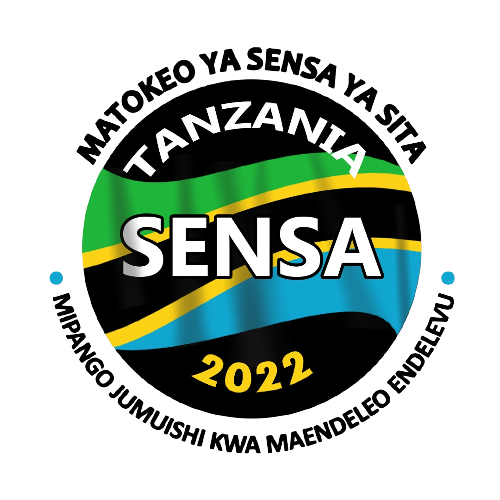Maktaba ya Taasisi ya Chakula na Lishe
OVERVIEW
The TFNC Library is under the Directorate of Nutrition Education and Training. It was established in 1982. It has a collection of about 7176, including books, reports booklets, journal articles, newsletters, and brochures.
Opening Hours
Monday to Friday: 8.30am- 4.00pm
Saturday, Sunday, and during public holidays: Closed
LIBRARY REGULATIONS
The library unit has several rules and regulations by which every user has to abide. These regulations aim to ensure that all users are served proportionally
- Silence must be observed in the library
- Smoking is not permitted in the library
- The use of matches or open light in any part of the library is prohibited
- overcoats and Macintoshes must be left out of the library
- Readers must dress and behave in a manner that will cause neither offence nor damage. Thus, for example, the removal of shirts, the placing of feet on furniture,
- Loose sheets of paper to take notes may be taken into the library
- The assistant at the control counter in the entrance lobby will insist that a reader show all his/her books on leaving the library as a precaution against the illegal removal of books. Borrowers are asked to give the assistant their full cooperation in this matter.
- Do not bring food or drinks in the library, they attract insects
- Mobile phones must be switched off while in the library.
- Coats, bags, parcels, etc. must be left in the area assigned for them in the entrance lobby and must not be brought into the library.
- Do not write anything in the library materials or cut pages out
- Return books or other materials to their original location on the bookshelves
- Do not take any library materials out of library without following borrowing procedures or the librarian’s approval
- Return the borrowed Library materials on the due date; in case of any damage, you are required to replace them with a new one
COLLECTIONS
The library collection is categorized into the following:
General Collection
The general collection consists of information materials in food, nutrition and health related fields. Materials in this section can be borrowed for home reading and be returned after 2 weeks.
Reference Collection
The reference collection consists of
- dictionaries
- encyclopedias
- handbooks manual
- atlases
- directories
- Periodicals
- bibliographies .
These materials are for use within the library only and not for borrowing for home reading.
Special Reserve Collection
Special reserve section consists of books, which are on high demand. Books from this section are to be read in the special reserve room and are not to be taken outside the library. Readers may borrow special reserve books for a maximum of 1 hour per one book. An additional 1 hour can be requested if there is no user waiting for the book. Failure to return a borrowed special reserve book after one hour will result to disciplinary actions.
Periodicals and Electronic Resources
Periodicals & Electronic Resources (PER) The section of Periodicals & Electronic Resources (PER) at TFNC Library deals with subscriptions to journals and databases to support the training and research activities of TFNC. The section subscribes to a number of periodicals/journals in various nutrition fields. These periodicals are available for reading in the library and they are not to be borrowed for home reading. Currently, the library has the following databases:
Research 4 Life Programme (Portal. Research 4 Life. Org)
Research 4 Life Programme, provides free access to electronic journals in health, environment, social sciences, and related fields in developing countries. The Research for Life Programme includes the following databases: Access to Research in Health Program(HINARI), Access to Global Online 5 Research in Agriculture (AGORA), Online Access to Research on the Environment (OARE) and Access to Research for Development and Innovation (ARDI). i) HINARI provides access to 15,000 journals (in 30 different languages), up to 47,000 e-books, up to 100 other information resources; ii) AGORA provides access to 6,100 journals and up to 5,800 e-books; iii) OARE provides access to 5,710 peer-reviewed journals and 1,119 online books and other information resources; and iv) ARDI provides access to around 20,000 journals, books, and reference for current news
Collections of Online Resources.
- Directory of Open Access Books (DOAB):
- Directory of Open Access Journals (DOAJ):
- Directory of Open Access Resources (DOAR). URL:
- The Directory of Open Access Repositories (OpenDOAR):
- IDD News letter:
- United nations System standing committee on nutrition :
- A free online"nutritional assessment"
- Free books 4 doctors:
- Collection of free books on the web:
- Pubmed Central:
- https://www.biomedcentral.com/
- https://scholar.google.com/






